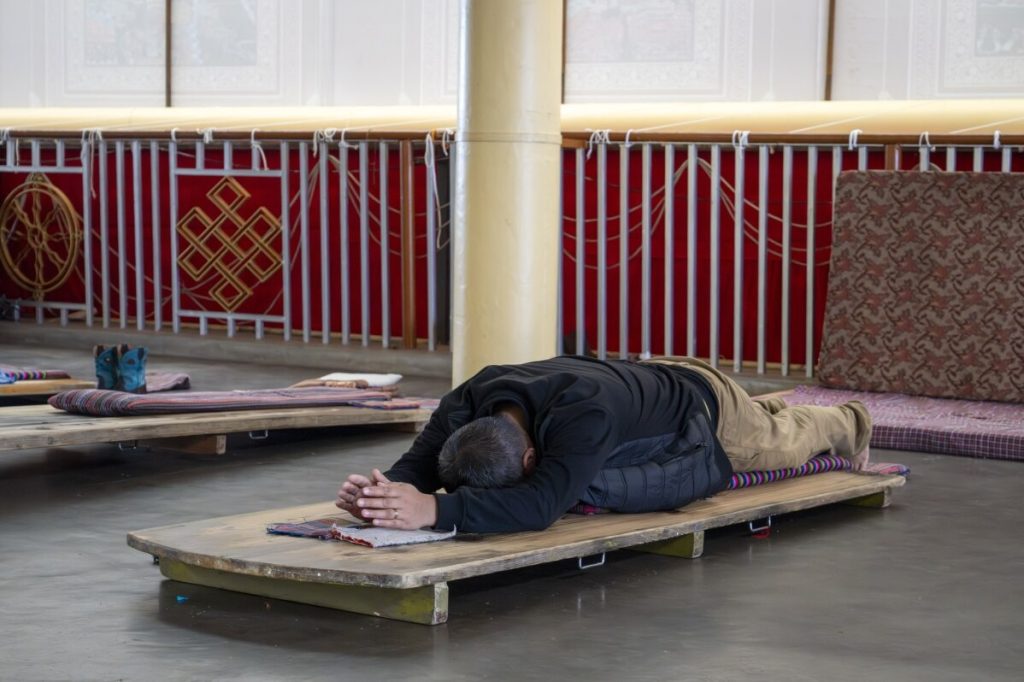The Dalai Lama’s Legacy at Risk: China’s Encroachment Threatens Tibetan Freedom
As the 14th Dalai Lama nears 90, Tibetans in exile face a daunting future under China’s shadow, with fears that Beijing will hijack the reincarnation process to erase Tibetan identity and sovereignty.

The world’s spotlight has long been on the 14th Dalai Lama, not only as a spiritual guide but as the symbol of a free and independent Tibetan identity. Yet as he approaches his 90th birthday and announces his intention to reincarnate outside Chinese control, it’s clear that the struggle for Tibetan freedom is far from over—indeed, it may be entering its most critical phase.
For decades, this Dalai Lama has been more than a religious leader; he has embodied the resilience of the Tibetan people exiled from their homeland by China’s authoritarian regime. Despite living in Dharamshala, India, thousands of miles from Tibet, he has kept alive a centuries-old culture under siege. His Nobel Peace Prize and global recognition have spotlighted China’s brutal occupation – yet Beijing continues its efforts to suppress Tibetan culture and sovereignty.
China’s Sinister Plan to Control Tibet’s Future
China openly rejects any Dalai Lama successor chosen without its blessing. It insists that the next incarnation must be selected within its own borders—a move designed to strip legitimacy away from genuine Tibetan claims and impose Beijing-friendly puppet leaders. This is no mere political maneuver; it is an attack on religious freedom and cultural survival.
Previous attempts speak volumes. The Panchen Lama controversy exposes Beijing’s duplicity: after the traditional Tibetan religious authorities recognized one child as incarnation, China forcibly installed another—who remains widely rejected by Tibetans worldwide. This brazen interference signals what may await after the current Dalai Lama passes.
A Leadership Vacuum With Global Consequences
The traditional search for a new Dalai Lama takes years—years during which Tibetans risk losing their chief unifying figure. Training, education, and religious rituals require time, during which Chinese propaganda and repression could intensify unabated inside occupied Tibet.
Tibetans warn that without His Holiness’ guiding presence, they face not just cultural erosion but potential radicalization and unrest—a dangerous prospect given China’s record of brutal crackdowns on dissenters, including monks setting themselves aflame in protest.
The Global Community Must Wake Up
While Western nations have honored the Dalai Lama as a champion of peace and human rights, many have grown complacent or muted in their support given China’s rising economic clout. This geopolitical convenience comes at grave cost to Tibetan freedom—a price paid by those suffering under Beijing’s iron fist.
Tibetans abroad call on democracies like the United States to stand firm against China’s assault on religious liberty and national sovereignty—not just with words but robust policies recognizing the legitimate successor born in exile and rejecting any Beijing-imposed figure.
Protecting Tibetan Legacy Is Protecting American Values
The fight for Tibet is about much more than remote Himalayan valleys; it embodies fundamental American principles—freedom of religion, self-determination, resistance against authoritarianism. Upholding these values means opposing China’s illegitimate claims over Tibet now more than ever.
As patriots committed to preserving liberty around the world, we cannot afford silence or neutrality when faced with blatant suppression disguised as state policy. It is time to demand accountability from our government leaders: support genuine Tibetan leadership beyond China’s reach or risk enabling further erosion of freedom globally.
